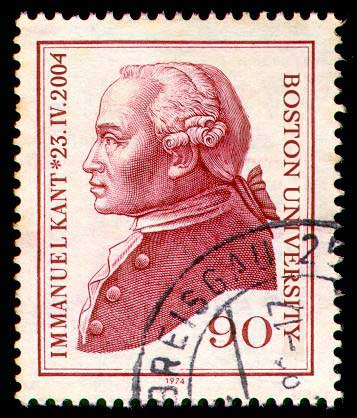From Klaus Christian Köhnke’s The Rise of Neo-Kantianism (Cambridge, 1991):
“In the 1870s Kant became the most frequently read of the classics in Germany’s universities” (p. 8)
That decade marked the decline of Hegelianism and triumph of neo-Kantianism:
“Immediately after the Franco-Prussian war [1870-71] things moved forward rapidly and neo-Kantianism as a whole rose rapidly in the world.”
As measured by articles and books published and courses taught:
“The number of works published on Kant or dealing with him as a central issue since about 1870 is more than any one person can read. A statistical evaluation of a Kant bibliography would reveal a geometrical increase in the number of pages written about him every year since 1862. The same applies to lectures on Kant delivered at universities: whereas in the 1860s there never more than three or four courses on Kant offered in any semester at all the German (including Austrian) and Swiss universities put together—courses on Plato and Aristotle averaged twelve—at the beginning of the 1880s at least twelve—and up to twenty!—were held each semester. A comparison of the number of courses on Kant held in the 1860s with those for the 1870s shows a three-and-a-half-fold increase: 54 courses during the decade from the Fichte celebrations (1862) to the foundation of the Reich compared with 189 courses between the foundation of the Reich and the hundredth anniversary of the publication of the Critique of Pure Reason.” (pp. 204, 205)
And a teaser on the connection to non-Marxist socialism for the next generation of neo-Kantians—including the influential Professor Hermann Cohen:
“In the case of Cohen and the Marburg school they criticized precisely materialism, and did so not least because they believed socialism to be grounded in Kantian ethics.” (p. 213)
Related:
My other posts and publications on Kant’s politics, ethics, epistemology, aesthetics, and place in history.
